Proton Therapy

Proton Therapy Team
Proton Beam Therapy
The ultimate goal of any radiation therapy technique or technology is to deliver the required radiation dose to the target tissue and minimise dose to the surrounding normal tissues to as less as possible. By reducing radiation dose to the surrounding normal tissues one is able to reduce the early and delayed side effects of radiation therapy. This is especially important while treating young children because the normal growth and development of the child can get severely affected by high doses of radiation to normal structures like muscle, bone, brain, heart, eyes etc.
Majority of Radiation therapy nowadays is delivered with photons or X-rays which do not have any charge. On the other hand, Protons are charged particles due to which they have minimal entry and exit dose in the tissue. In addition, they are slightly more effective in killing tumor cells than photons or X-rays. These unique physical & biological properties of proton beams along with the complex delivery system allows highly precise delivery of radiation to the tumour with minimal dose to the surrounding normal structures, thereby allowing optimal radiation dose delivery with minimal side effects.
This is of special significance in the treatment of tumours that are located close to vital body structures, tumours considered resistant to radiation, and in the treatment of children as they are highly susceptible to the long term adverse effects of radiation. The sites where particle therapy has been of maximum clinical benefit are childhood tumore, brain/ spine tumours, head & neck tumours (skull base & paranasal sinuses), and bone & soft tissue tumours etc. There is also evolving évidence regarding benefits of protons for other body sites.
The Tata Memorial Centre (TMC), National Hadron Beam Therapy Facility at ACTREC was dedicated to the nation by the Honourable Prime Minister of India Shri. Narendra Modi on 11th May 2023. This is India’s first public sector proton beam facility. This state of the art facility has three patient treatment rooms having 360 degree rotation gantries incorporated with the latest Pencil Beam Scanning (PBS) technology capable of delivering Intensity Modulated Proton Therapy (IMPT- Most advanced technique of proton therapy). All treatment rooms are equipped with Robotic treatment couches enabling maximal flexibility in treatment delivery with high precision. The treatment rooms also has facilities for delivery of anaesthesia during treatment for very young children. In keeping with the current efforts of the government to encourage indigenous development of technology, 20% of the equipment installed at TMC has been manufactured in India.
Approx. 15-20% of patients recommended radiation therapy could potentially benefit from treatment using proton beams. In India approx. 2000 children with cancer could potentially benefit with proton beams every year. Similarly a much larger number of adults could also benefit from proton therapy. Currently the approx. cost of one course of proton treatment in the US is approx. 150 - 200,000 USD (1-1.5 Crore INR). Availability of the facility in TMC makes proton therapy accessible to a large number of deserving patients from within the country and also from neighbouring countries. . In addition to providing compassionate care, the TMC proton centre also focuses on education and research in proton therapy and radiobiology in line with global standards.
At the Tata Memorial Centre, treatment decisions are decided in speciality clinics / disease management groups (DMG) comprising of clinicians with expertise in treating specific diseases. This also applies to the Proton Therapy Centre. The highly trained group of Physicists and Technologists are also specially trained for Proton Therapy and work in site specialised DMG’s
Generation of robust scientific evidence to better define the role of Proton Therapy for various disease types and sites is a focus area along with technology evaluation and development. Research involving Radiation Biology and Particle Physics are also being evaluated. Significant emphasis would be on Health economic evaluation/ cost utility analysis.
In house academic meetings are conducted as part of continuous education and training of all staff. Journal clubs & case presentations are conducted to address specific issues and enhance learning. Students, interns and observers spend time in the facility as part of their training program.
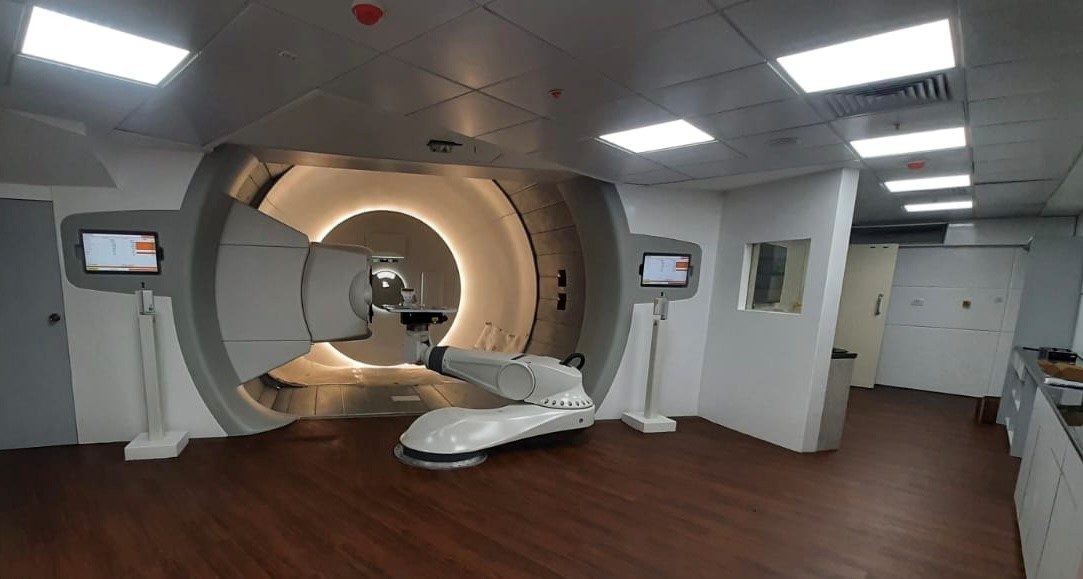
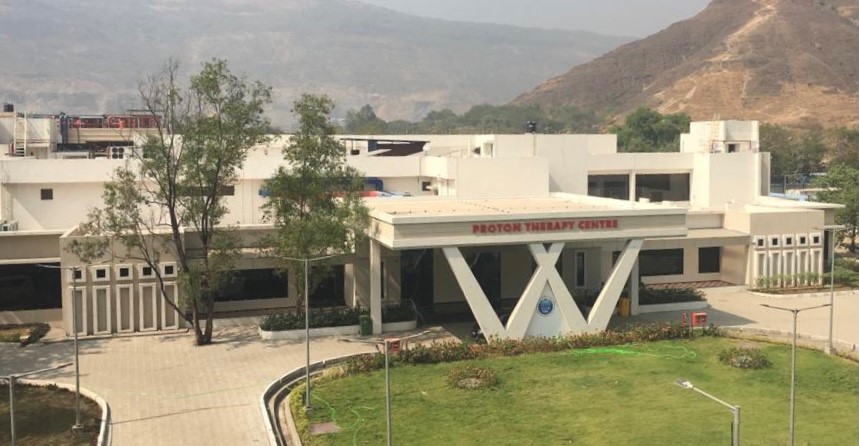
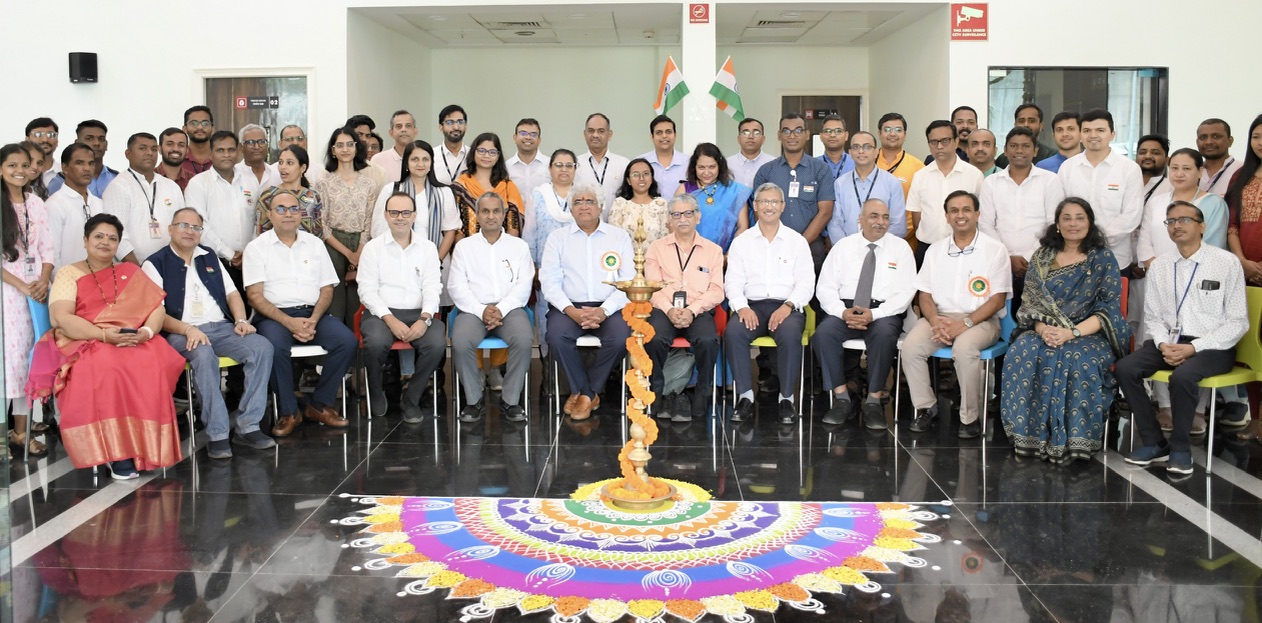
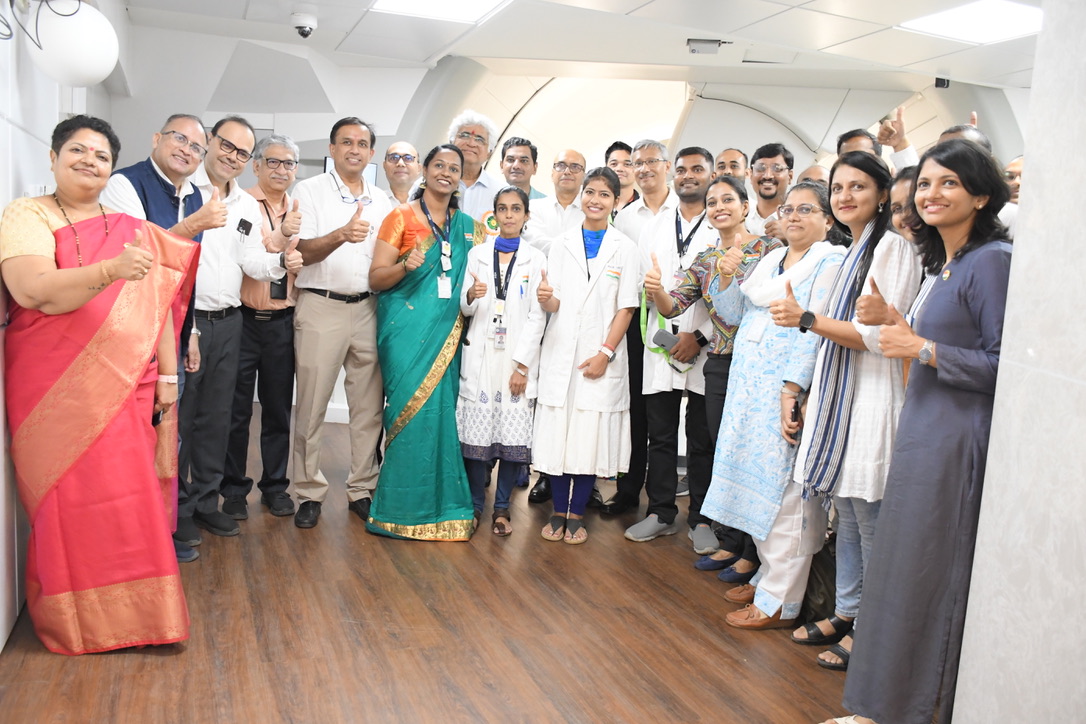
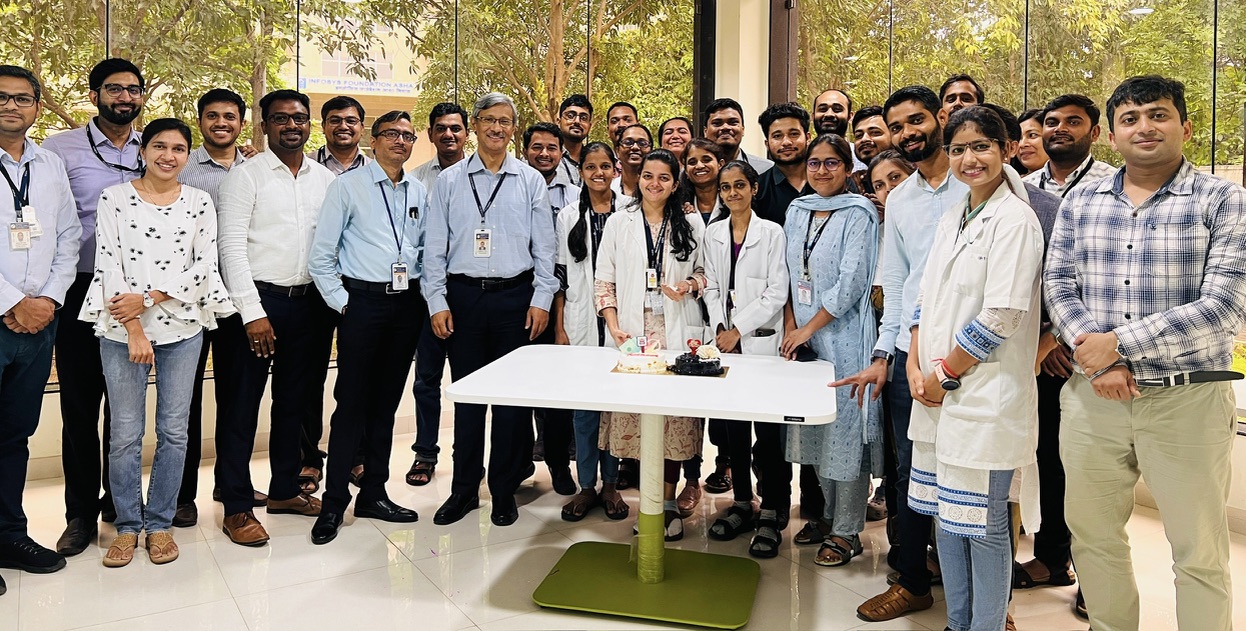
Website: www.actrec.gov.in/protontherapy
Email: protontherapy[at]actrec[dot]gov[dot]in
Mobile::+918451009340
Phone:022-27405000, Extension: 6036
Join us in helping patients who need proton therapy. Your assistance can be of great value in making proton therapy accessible for all deserving patients.
Email: protontherapy[at]actrec[dot]gov[dot]in, hshaikh[at]actrec[dot]gov[dot]in
Mobile:+918451009340
Phone: 022-27405000, Extension: 6036

